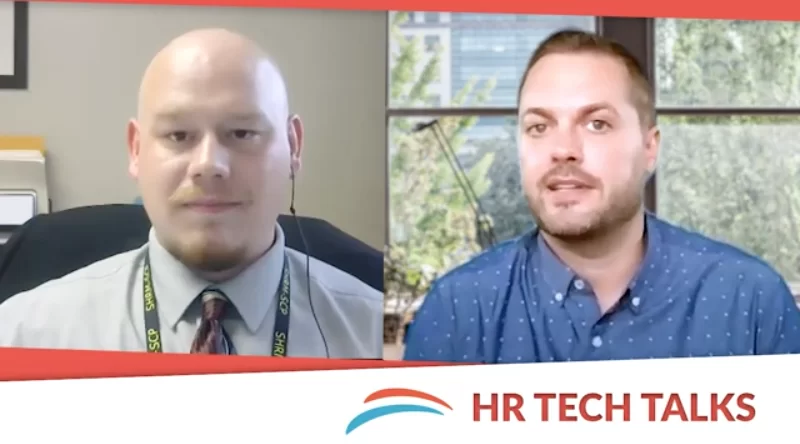Norm Johnson is the HR manager at the Golden Eagle Casino in northeast Kansas. The casino was established in 1996 and when fully staffed has 150 employees, although that number fluctuates throughout the year.
Golden Eagle Casino’s HR challenges included recruiting. Because the casino was in a rural location, they had a smaller applicant pool to choose from while trying to fill all positions. In addition, they didn’t have a HRIS in place.
Deciding to Implement a HRIS
HR staff members were inputting data manually into Excel spreadsheets and keeping paper files. Although there were few errors, it was very time-consuming. Excel files were very large because they contained data on all current and former employees. These files could take up to five minutes to load. Additionally, only one person could use the file at a time, resulting in long wait times for everyone else.
Norm Johnson decided that implementing a HRIS was necessary in order to improve efficiency. A HRIS would allow everyone to work at the same time instead of having to wait for someone else to finish. Plus, a HRIS would help organize everything in a way that made sense for their organization.
Convincing the Executive Team
Norm Johnson calculated the ROI that a HRIS would bring in order to convince the executive team that it was worth the investment. He calculated their current hourly rate for HR costs and compared that to the cost of a HRIS based on an 8-hour workday. Running both ROI and net present value calculations, the cost savings were significant.
In implementing a HRIS, the casino would also save a lot of HR time. HR staff would be able to focus on employee engagement. Additionally, employees could make their own changes and selections, instead of HR staff performing those processes manually.
Preparing Ahead of Implementation
Compared to other HRIS implementations Norm Johnson had done, Golden Eagle Casino’s was actually easier. Switching from one HRIS to another often requires exporting data to Excel spreadsheets, changing the cells to a format the new system needs, and then uploading all of the data to the new system. Because the casino’s data was already in Excel spreadsheets, all they had to do was change a few cells and upload it into the new HRIS.
Doing the preparation of inputting data into Excel and scanning paper documents ahead of time can cut down on the actual implementation time later on.
Determining Needs and Expectations
Norm Johnson created two lists: needs and expectations. The needs list included absolute must-haves, such as a system that would load faster, be accessible anywhere, and allow more than one person to use it at once. The expectations list was filled with things that weren’t as needed but were things that would be nice to have out of a system that they were paying for. These included an integrated ATS, the ability to pull reports, and for the system to be user-friendly.
Utilizing the HR Network for HRIS Recommendations
To begin the search for a HRIS, Norm Johnson reached out to his network of fellow HR professionals. These contacts were able to provide their opinions about HRIS software that they already used as well as information about what issues they had and what else they knew of that was available. Norm then took that information and used it to begin his own independent research.
Consulting with his network turned out to be the most valuable research tool Norm had. HR professionals already using a HRIS will tell you things that the vendor’s salespeople won’t.
Researching HRIS Vendors
Researching HRIS vendors involved making sure that each vendor’s software met everything on the needs and expectations lists. A common mistake is when HR professionals make a hasty decision about which HRIS to choose. The HR professional who chooses the system owns that decision and the new HRIS reflects on that person. If it doesn’t work out well, then it looks bad for that person.
It’s worth it to take the time to fully research HRIS options and to ensure that you’re confident it’s the right software for you. Golden Eagle Casino seriously looked at ten different software vendors that met their needs and compared functionality before making a decision.
Reading the Fine Print
It’s important to read all the fine print with a new HRIS, especially when it comes to the cost. A HRIS that looks less expensive may not be in the long run. Prices fluctuate and many vendors offer scalable solutions. It’s too easy to fall into the trap of selecting a HRIS based on the advertised price only to find that once all of the desired features and number of employees are taken into account, it’s a lot more expensive.
Reading all of the fine print ahead of time and understanding any scalable fees will help avoid costly mistakes.
HR Payroll Systems helps match companies and organizations with the HRIS vendor that will best meet their needs. The Software Match page offers a free matching tool that can help you find the right HRIS software.












